Blog Posts
-
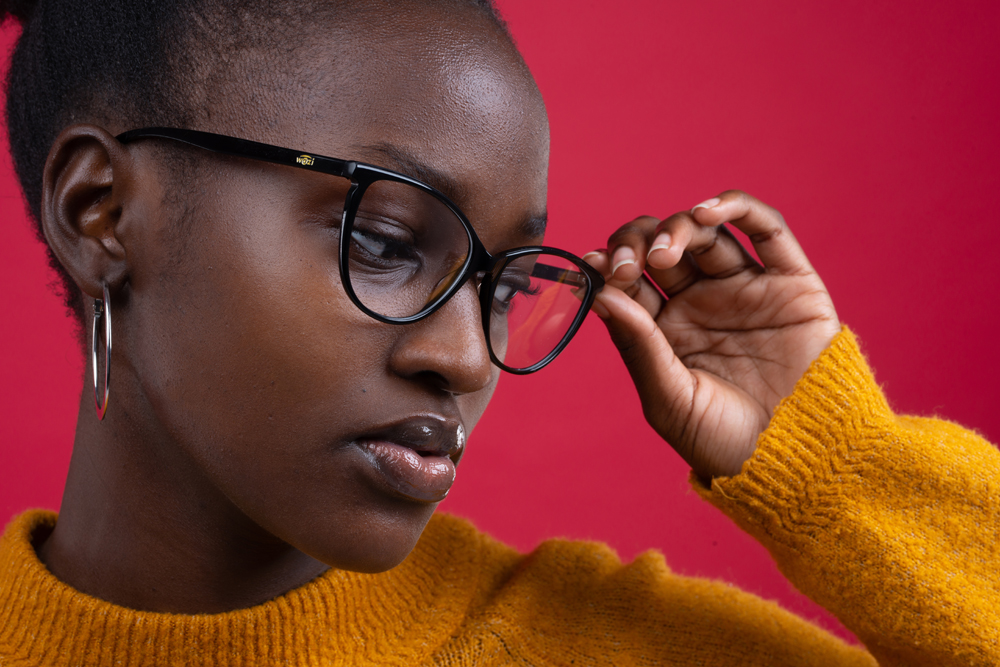
Making the direct-to-consumer model work for AT [New blog series: AT, Entrepreneurship & Finance - from Assistive Tech Impact Fund]
Dr Rhys WilliamsJuly 6, 2022For people with disabilities to have access to high-quality assistive technology, we need a thriving entrepreneurial ecosystem that can bring innovative Assistive Technology (AT) to market. For every business to become financially sustainable, a scalable customer base is essential. Many AT companies have focussed on B2B, or B2G customers, however slow and involved sales processes and constrained government budgets with competing interests are pushing many companies to explore direct to consumer (DTC) business models.
-
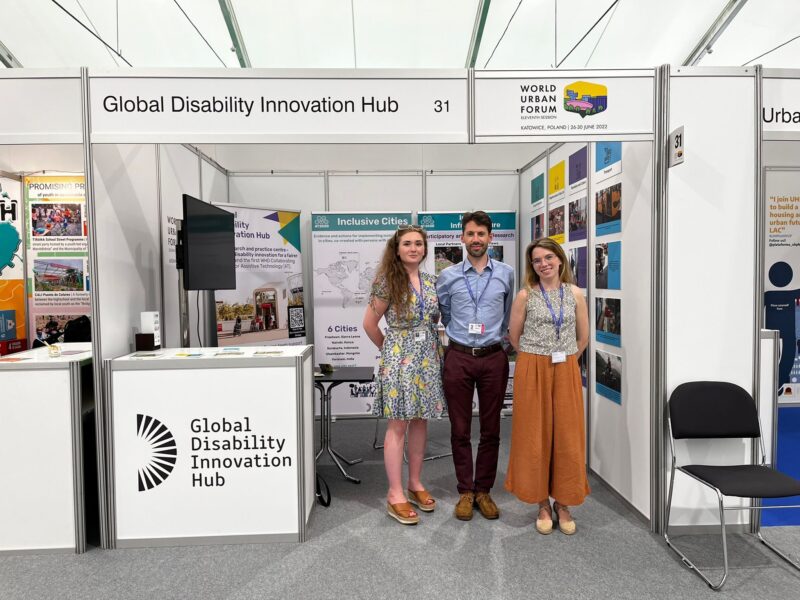
Embedding Inclusive Design in Urban Development: GDI Hub’s Inclusive Design team at the World Urban Forum (WUF11)
Iain McKinnon, Mikaela Patrick, Annamae MuldowneyJune 30, 2022In June 2022, Global Disability Innovation (GDI) Hub’s Inclusive Design team attended the 11th session of the World Urban Forum (WUF11) in Katowice, Poland. The event provided an important opportunity to shape conversation around disability inclusion across 8 prominent sessions, while also enabling GDI Hub’s Inclusive Design team to meet up with key partners and collaborators from our AT2030 research work and our friends and colleagues from the Cities for All network.
-
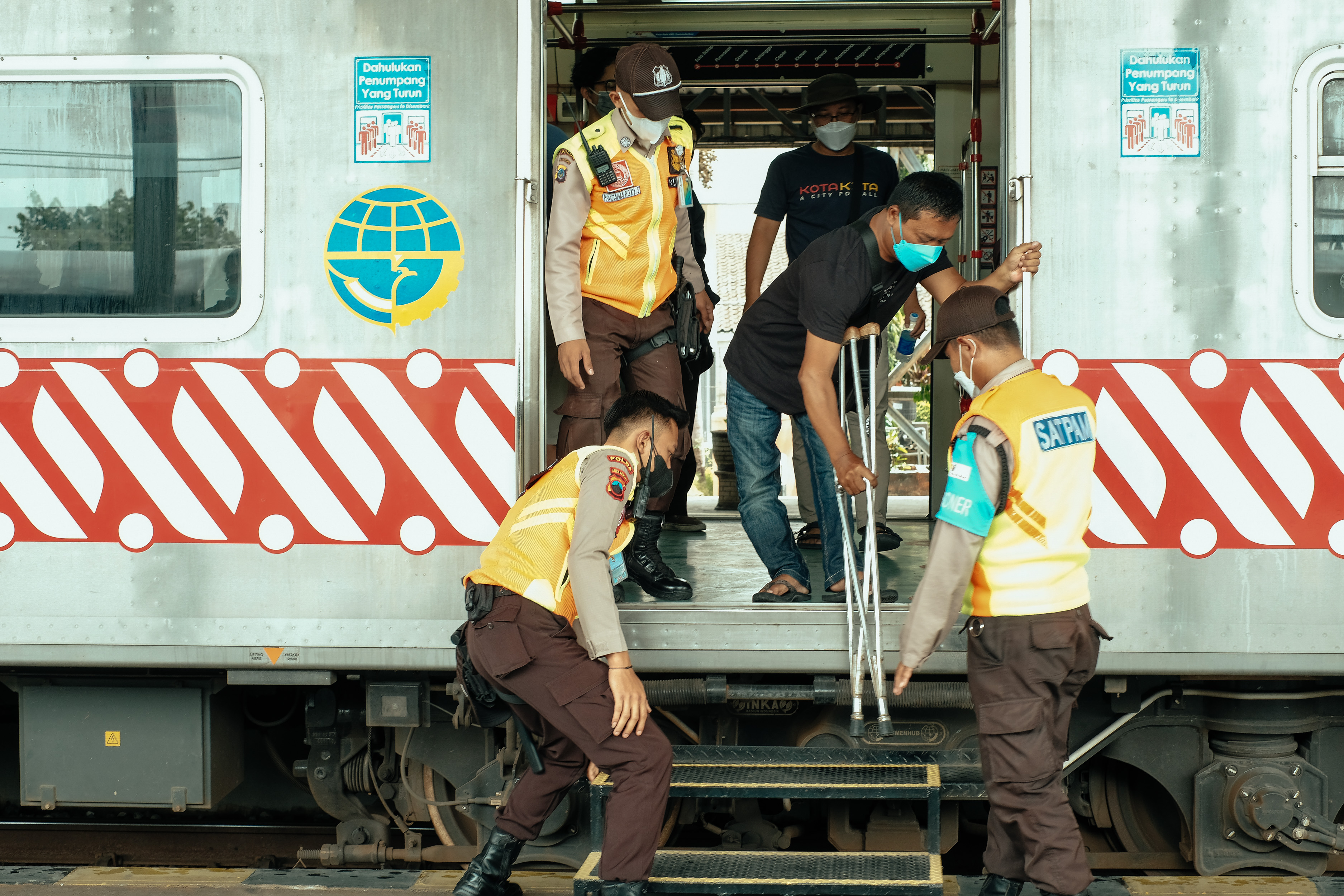
Celebrating the launch of the findings of AT2030’s sub-programmes in Indonesia. From Citizens to Cities: Participatory Approaches to Building Disability-Inclusive Cities
Iain McKinnon, Annamae MuldowneyJune 21, 2022The Kota Kita Foundation (Kota Kita), Global Disability Innovation Hub (GDI Hub) and University College London (UCL) held an event to launch the findings from the ‘Inclusive Infrastructure’ and ’Build Capacity and Participation‘ sub-programmes of the FCDO-funded AT2030 programme, from the AT2030 Initiatives in Surakarta and Banjarmasin, Central Java, Indonesia.
-
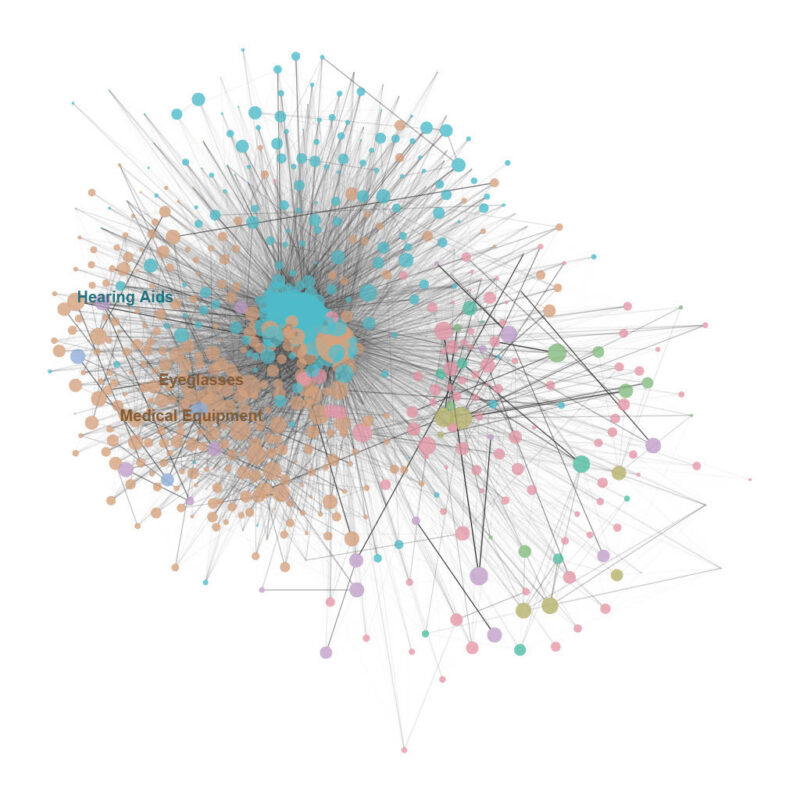
The purely economic case for investing in Health for All
Oriol Vallès CodinaFeb. 16, 2022Vallès-Codina, O. (2022, forthcoming). “The purely economic case for investing in health for all in lower- and upper-middle income countries: input-output and network analysis of their industrial ecossytem”. UCL Institute for Innovation and Public Purpose, Working Paper Series (IIPP WP 2022-03)
-
Gratitude, Celebration and Reflections-International Day of Persons with Disabilities 2021
Bernard ChiiraDec. 7, 2021The theme for this year’s international day for persons with disabilities is leadership and participation of persons with disabilities toward an inclusive, accessible and sustainable post-COVID-19 world! On this special day I have a lot to celebrate and many reflections to share on what this day means to me!
-
What is Climate resilient inclusive design and why do we need it? GDI Hub at COP26
Iain McKinnon, Mikaela PatrickOct. 29, 2021This year, we at GDI Hub added climate and crisis resilience as a core theme in our new strategy. We strongly believe that there is no climate justice without disability justice and that the two challenges and missions are intimately connected. 80% of people with disabilities live in low-and-middle-income countries (UNHCR), with many being more vulnerable to the impacts of climate change.
-
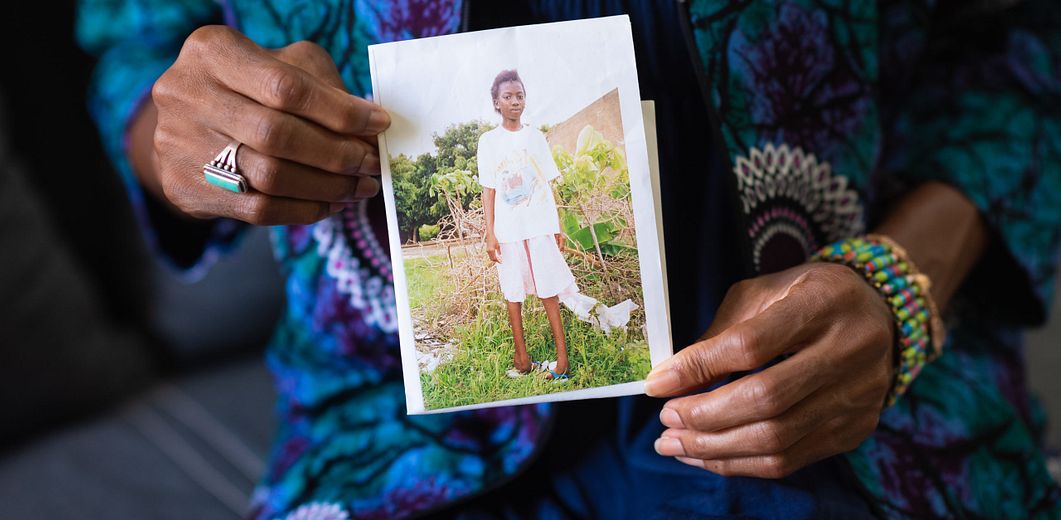
A World Apart: A Global Clubfoot Journey Fuelled by One Woman’s Resolve
Miracle FeetOct. 1, 2021SenegalDoctors told Aisha Mballo’s parents it was “God’s will” that she was born with clubfoot, and their attempts to find treatment all ended the same way: no answers. The article tracks her experiences through treatment.
-
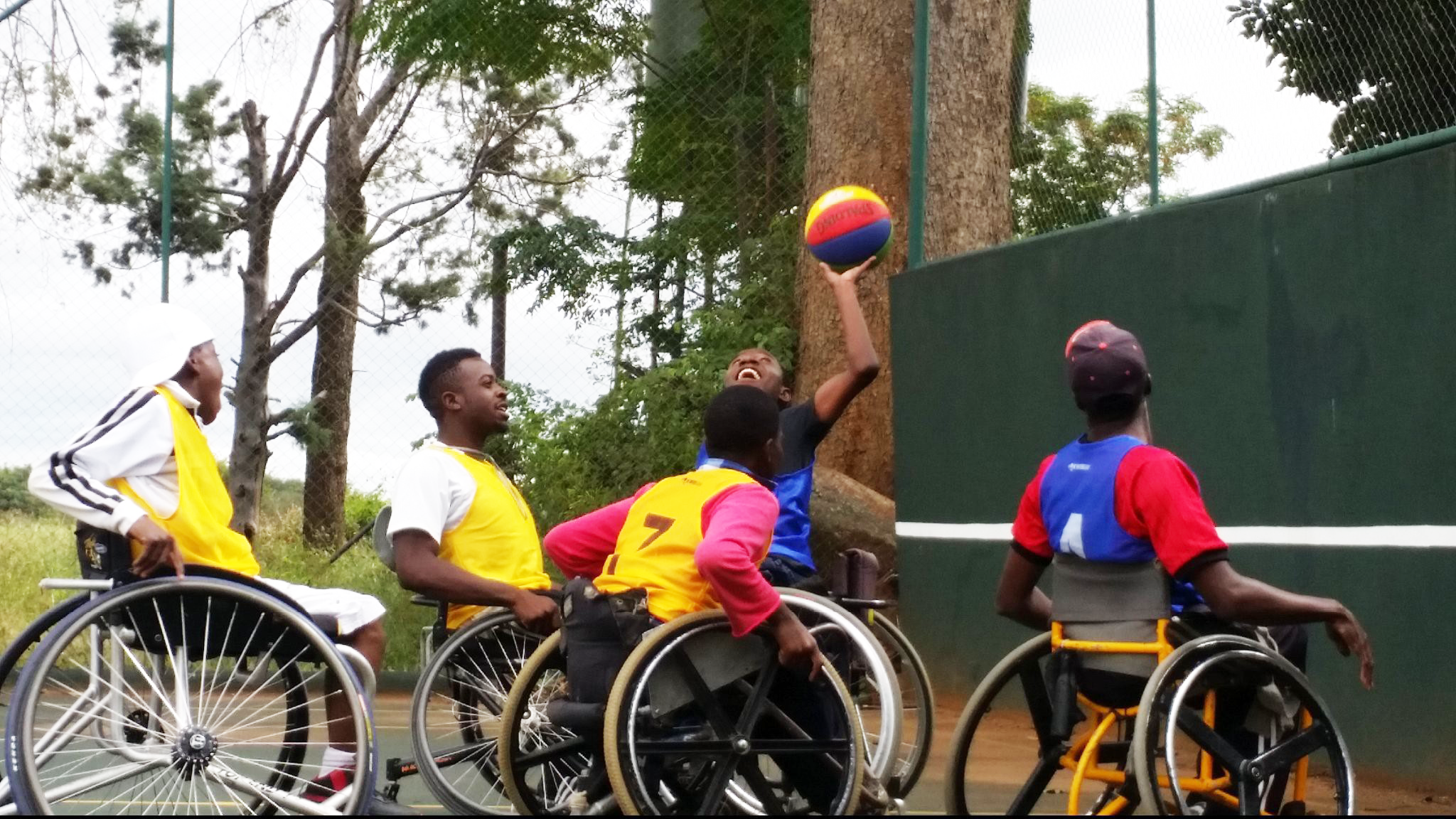
Can Paralympic sport break down barriers to assistive technology use in Africa?
Nyasha Mharakurwa, Stacy Konadu Mensah, Patrick Yaw ObengSept. 13, 2021GlobalIn this blog, Nyasha Mharakurwa, a wheelchair tennis player and London 2012 Paralympian from Zimbabwe, Stacy Konadu Mensah, a wheelchair tennis player from Ghana, and Patrick Yaw Obeng, a para-athlete from Ghana share their reflections and experiences of barriers to assistive technology access and how Para sports can help break down these barriers for disabled people in Africa.
-
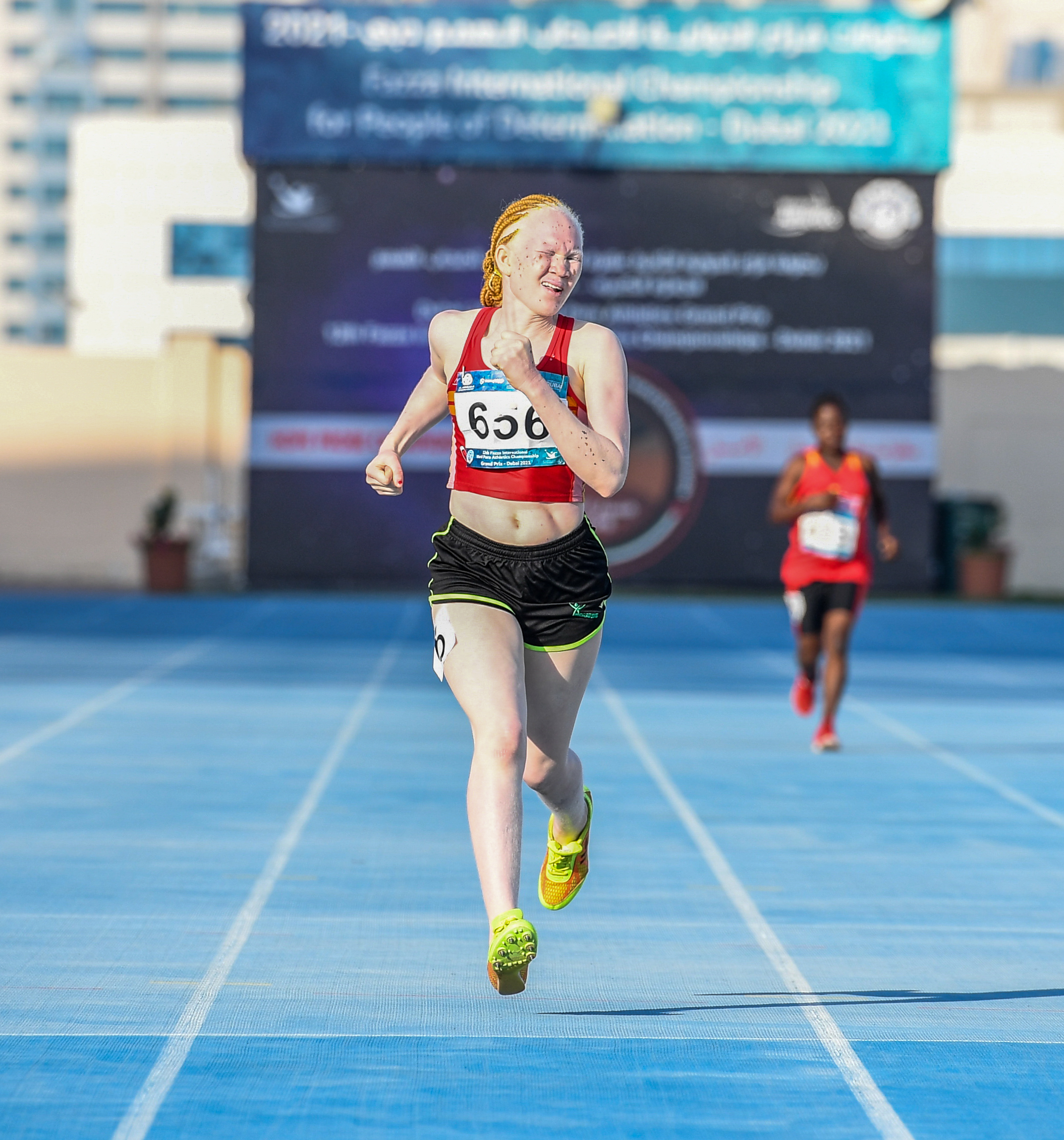
Unlocking the potential of the Paralympics: Para Sport Against Stigma
Dr. Jessica Noske Turner (LU London), Prof. Mufunanji Magalsi (UofMalawi), Sheila Mogalo (IPC Consultant)Aug. 17, 2021Malawi, GlobalCommunity engagement is indispensable to realising the potential impact of the Paralympic Games in different African contexts. The Para Sport Against Stigma project is using action research with partners to try out different approaches in practice to develop a knowledge pool for the kinds of community engagement processes that could ground the Paralympics in diverse contexts across the ‘arc’ of the Games cycle: the lead up, the main event, and the legacy of this year’s Tokyo 2021 Paralympic Games.
-
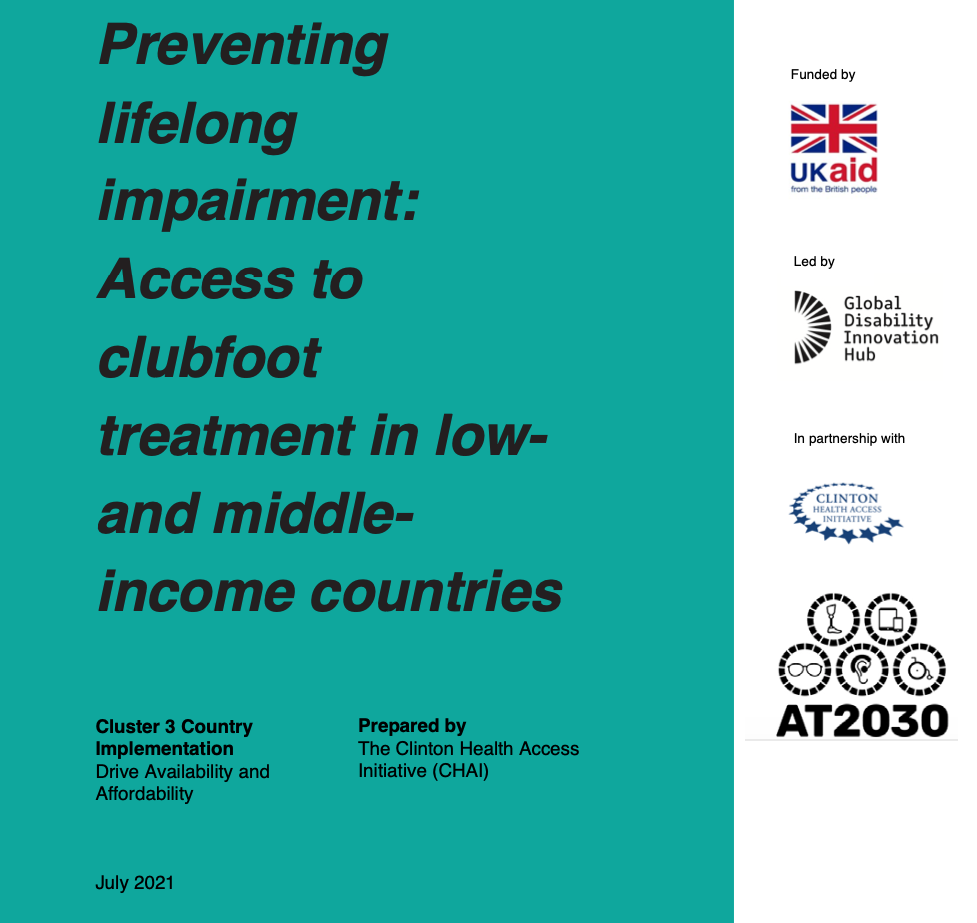
The Launch of the Clubfoot Product Narrative
Miracle Feet, Clinton Health Access Initiative, Frederic SeghersJuly 29, 2021GlobalThis blog highlights the need for appropriately resourced and accessible clubfoot treatment programmes around the world. Through this story meet Quraish who shares his experience of the impact early treatment had on his life. Born with clubfoot, a birth defect in which one or both feet are turned inward and downward, it wasn’t until Quraish was four years old that his parents found treatment for his condition. “It changed my life forever,” he says. “I can wear shoes, run like any person can.” Now, with an accounting degree from Makerere University, he wants to pay it forward and help others realize their full potential.
-
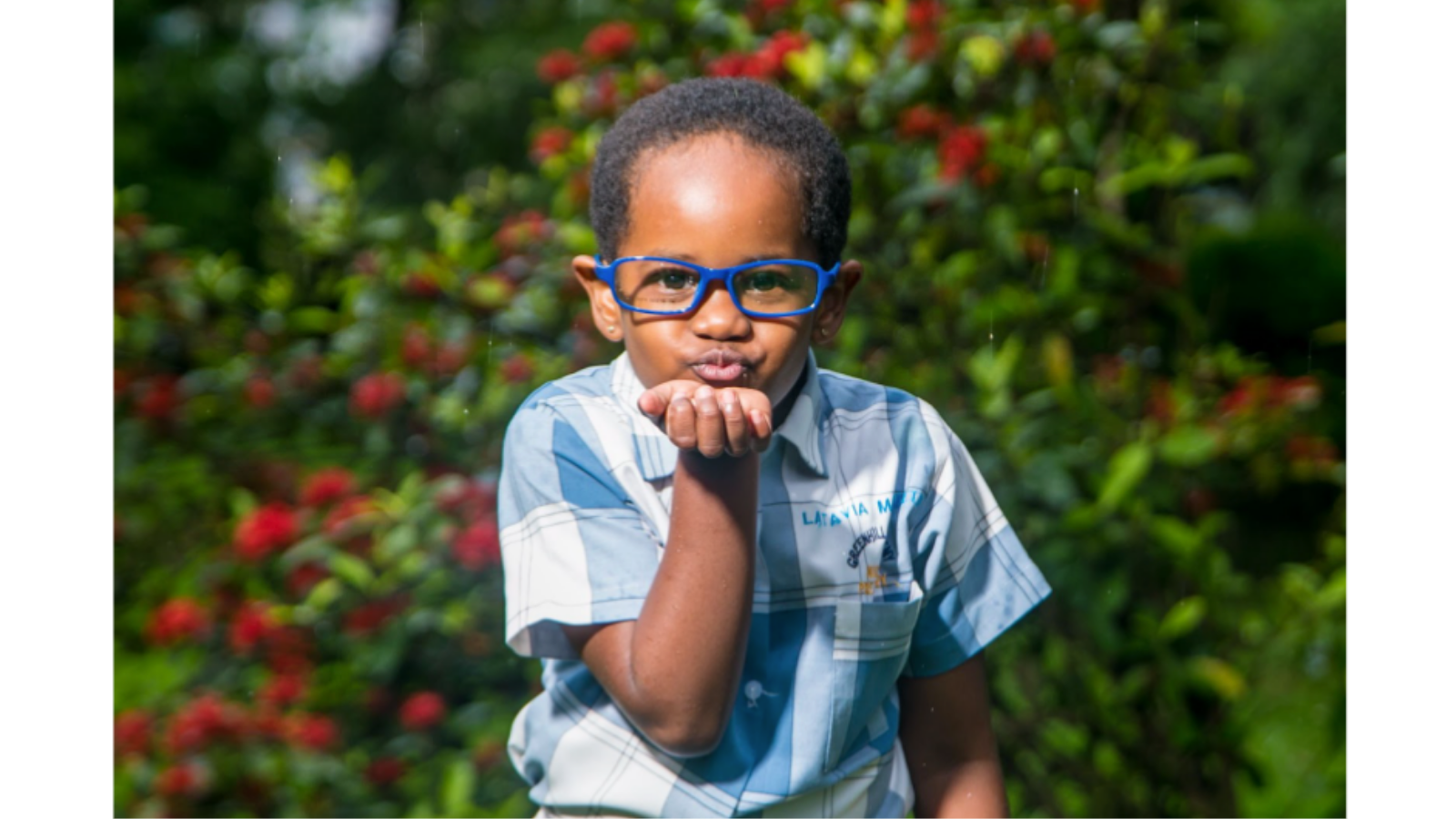
AT Impact Fund: How we do impactful research
Dr Rhys WilliamsMay 14, 2021The Assistive Tech Impact Fund is the world’s first investment vehicle dedicated to scaling assistive technology innovation and provision in emerging markets. Find out more about the theory of change.
-
Salvaging Waste to Protect Lives in Nigeria During COVID-19
Chime AsonyeFeb. 26, 2021NigeriaWhile considering ways to respond to a global pandemic, collecting trash might not seem like the most obvious path. Victor Boyle-Komolafe, co-founder of Garbage In, Value Out (GIVO) saw the opportunity to turn items that have been thrown away into vital personal protective equipment (PPE). The efforts are not only countering the health challenges of COVID-19 but also investing in local talent and the circular economy. Nigeria began its response to COVID-19 early, becoming the first country in Sub-Saharan Africa to confirm a case of the disease. Despite this dubious honour, in comparison with other countries on the continent, it has witnessed fewer cases. This began to change at the end of last year when the nation saw a new variant of the novel coronavirus and experienced a second wave of infections which led to further travel restrictions and a negative impact on the economy.
-
What is COVIDaction Local Production Local Solutions?
Chime AsonyeFeb. 5, 2021COVIDaction Local Production & Local Solutions (LPLS) was designed to address these type of big questions by crowdsourcing and mapping innovative responses dealing with the demand for personal protective equipment (PPE) and other unavailable goods. Since April 2020, the initiative has launched a series of open calls to surface how organisations and grassroots innovators across Africa and South Asia have pivoted in local production and novel approaches to meet community needs. The programme provides identified social entrepreneurs financial and technical assistance to scale their impact.
-
Rising from an earthquake to fight the pandemic in Nepal
Ramon Michael, Chime AsonyeJan. 15, 2021NepalIn 2015, Nepal, a landlocked country in South Asia bordering China and India, was rocked by an earthquake that destroyed property, historical monuments, claimed thousands of lives, and left scores more injured. Landslides and avalanches ensued, causing severe damage to the capital and nearby towns. The emergency was also the trigger that shifted Zener Technologies’ work, a domestic 3D design and additive manufacturing company co-founded by Ram Chandra Thapa, to solve citizens’ essential needs with technology. Ram Chandra Thapa was a fresh university graduate the year of this ecological disaster. Working as a design and production engineer for Field Ready, an organisation focused on the rapi
-
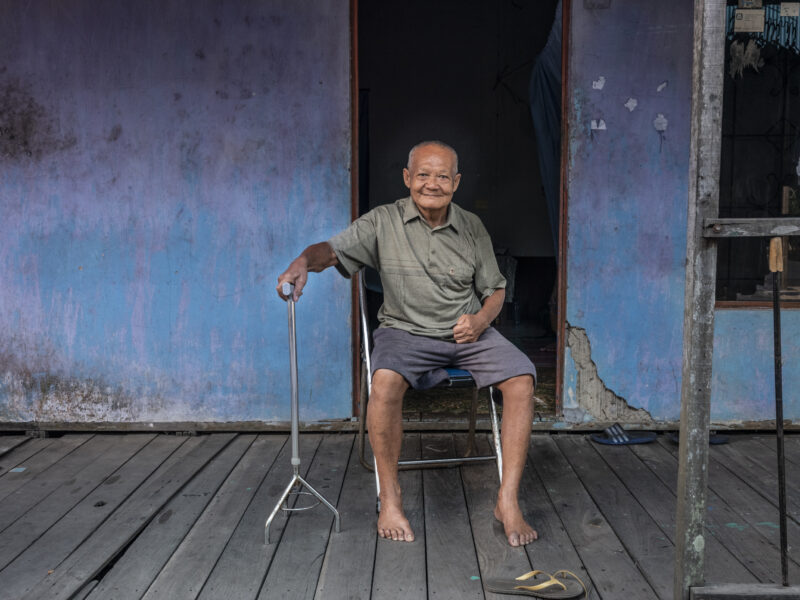
An Eye for Inclusion: GDI Hub partners with NIUA for global photography competition ‘an Eye for Inclusion”
Global Disability Innovation HubJan. 11, 2021GDI Hub is delighted to be supporting the National Institute for Urban Affairs (NIUA) our AT2030 programme partners based in India, in a global photography competition that calls for photographers and photography enthusiasts to capture what disability inclusion looks like for them. 'An Eye for Inclusion’ aims to capture and enrich image-making culture around disability inclusion, promoting inclusion by showcasing real life solutions, stories and best practices from everyday life that improve the lives of disabled people around the world.
-

Mobile-powered employment opportunities for all; up to £20k available for Bangladesh solutions
Global Disability Innovation HubJan. 5, 2021The UK aid funded i2i programme has launched a mobile innovation challenge for employment for all, using mobile technology to bridge to employment opportunities by the development of skills, increasing awareness of job opportunities and helping disabled people to get and retain employment opportunities. Up to £20,000 is available to support winning applicants in the development of employment solutions focused around mobile in Bangladesh.
-
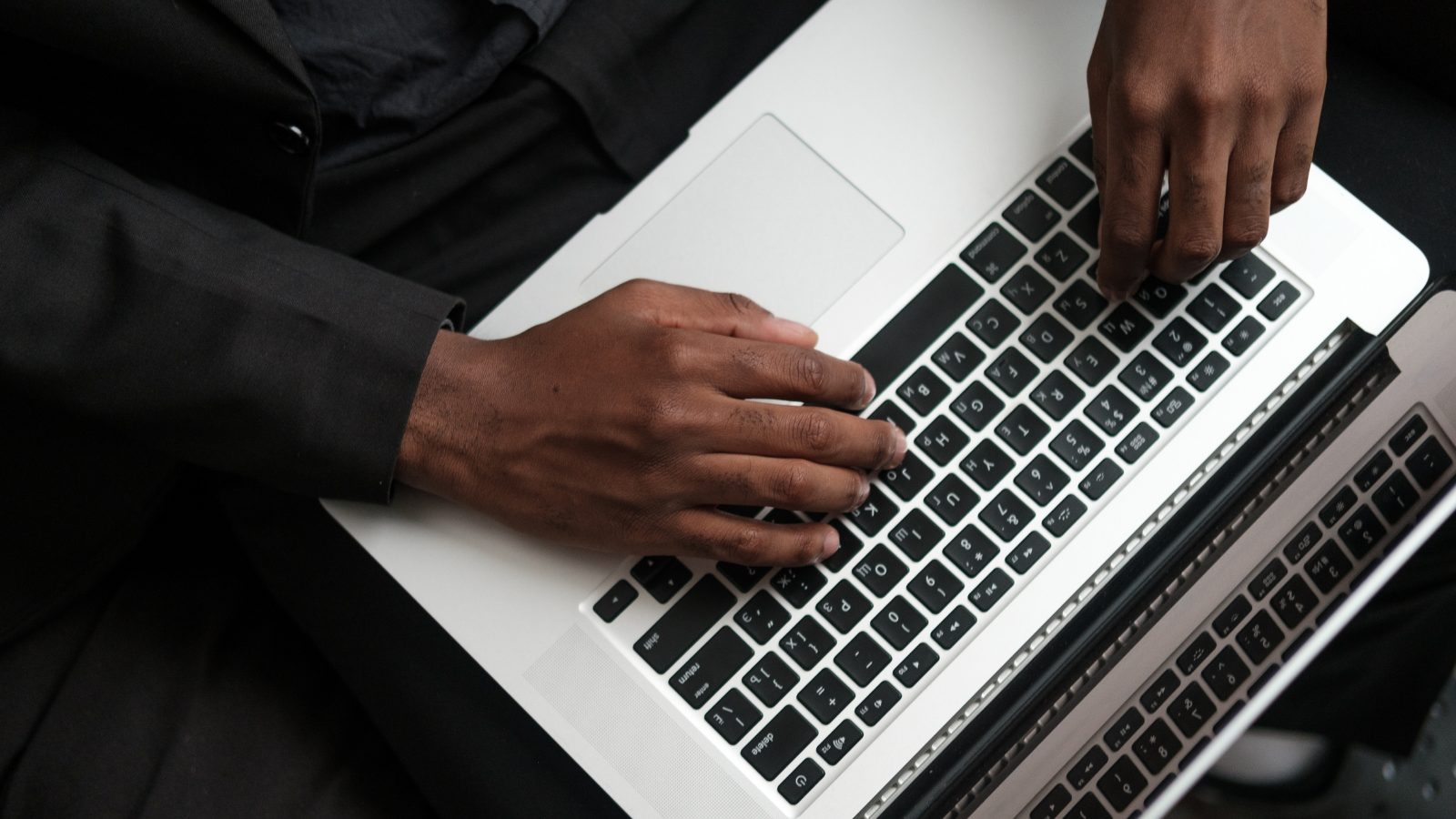
Building the Assistive Tech ecosystem, one coffee at a time
Dr Rhys WilliamsJan. 5, 2021Insights inth the Assistive Tech Impact Fund - unlocking potenital, sharing knowledge and supporing newcomers.
-
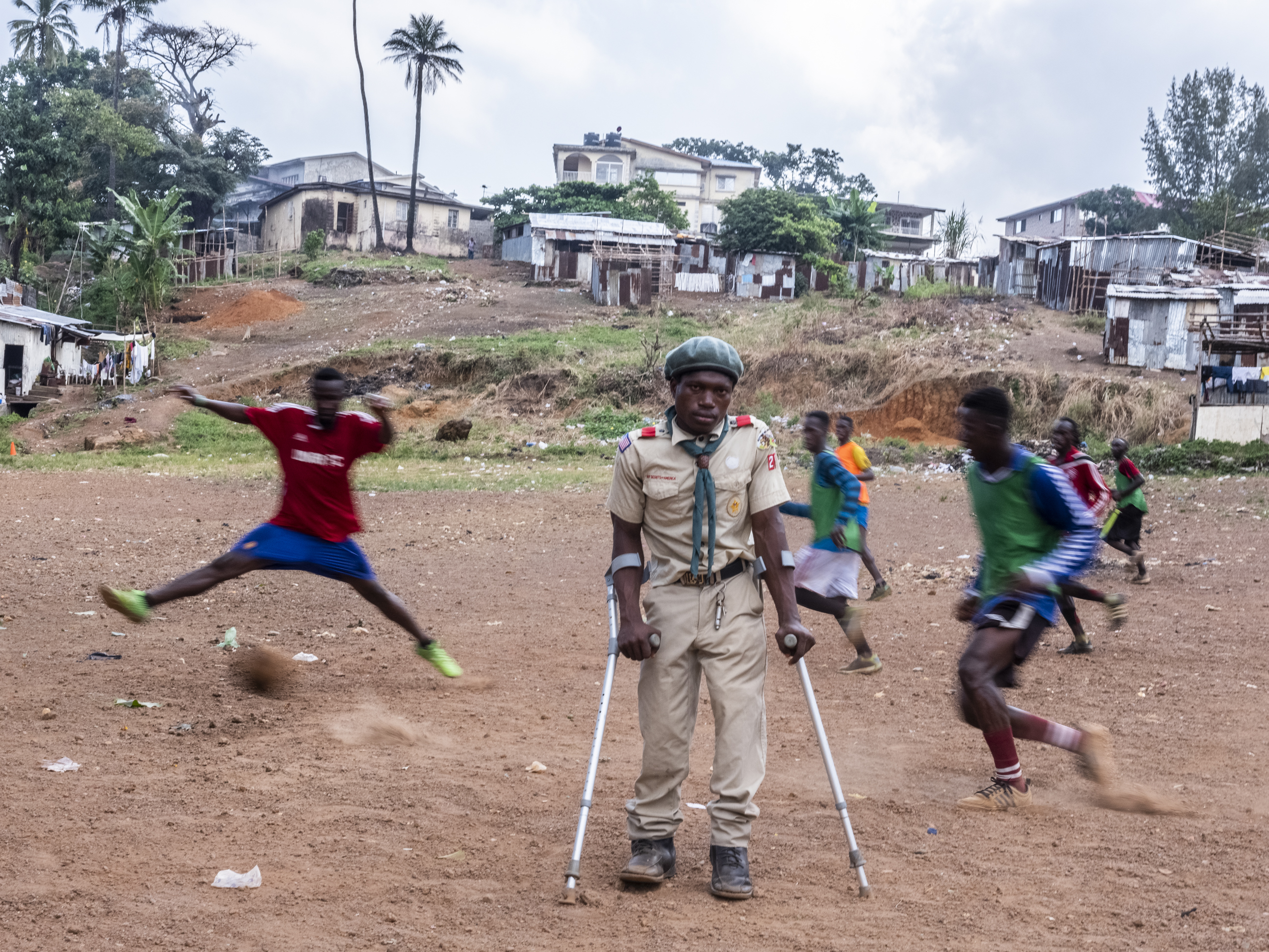
International Day of Persons with Disabilities in informal settlements in Sierra Leone and Indonesia
Dr Ignacia Ossul Vermehren, UCL, Nina Asterina, Kota Kita, Hawanatu Bangura, SLURCDec. 3, 2020Sierra Leone, IndonesiaThe 3rd of December is the International Day of Persons with Disabilities. We reflect on this year’s theme “Building Back Better: toward a disability-inclusive, accessible and sustainable post COVID-19 World” through DPU’s research “AT2030: Community led solutions” in informal settlements Sierra Leone and Indonesia.
-
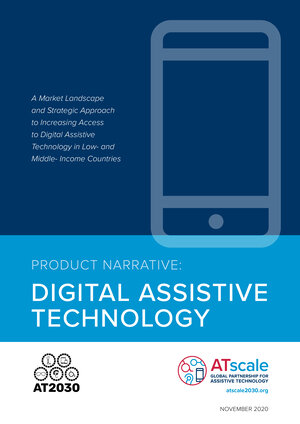
Digital assistive technology for inclusion: Zainab's story
Barbara GoeddeNov. 23, 2020IraqZainab Jalal Ahmed is 37 years old and works as a translator (Arabic-English) for the Ministry of Higher Education and Scientific Research in Iraq. The documents she translates include Memorandums of Understanding and other legal document, as well as - to facilitate the sponsorship of Iraqi students to study in overseas universities in Britain, the United States or Australia - applications, transcripts of their marks and abstracts of their works. As many are documents are legal in nature, the translations need to be very precise. Zainab also interprets for delegations and other visitors.
-
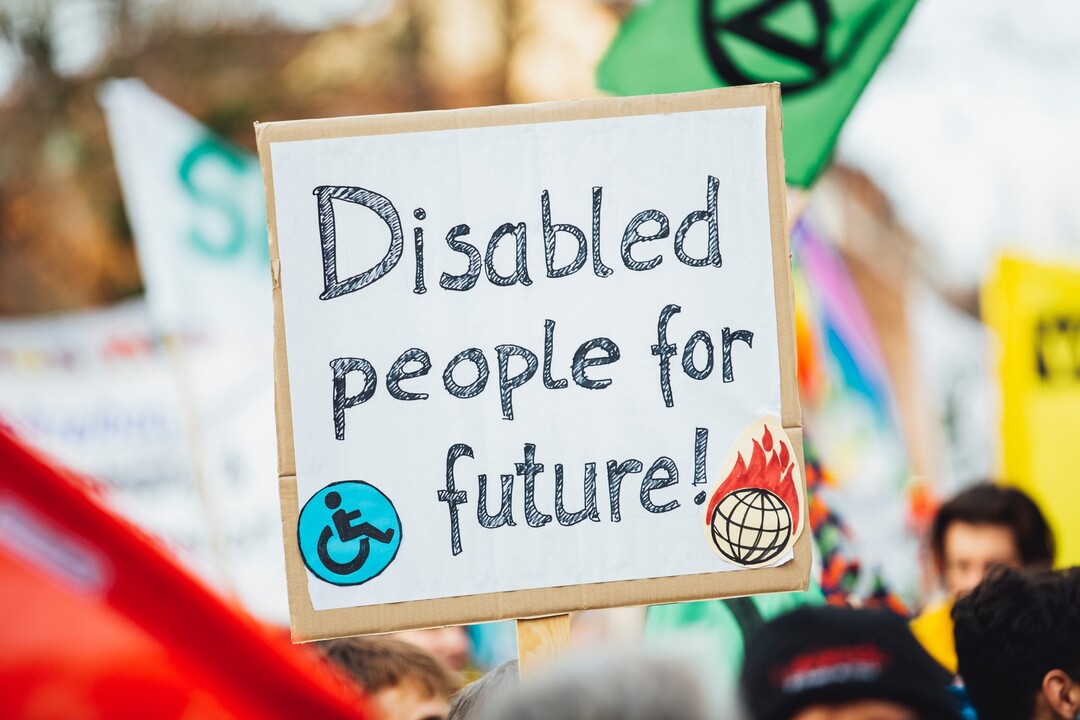
Powering Inclusion: Artificial Intelligence and Assistive Technology
Felipe Ramos BarajasNov. 14, 2020GlobalThe World Health Organization (WHO) estimates that by 2050 two billion people will need AT, yet 90% will not have access. This is why the AT2030 programme is engaged in testing research, innovation, policy, and building community solutions to see what works in addressing that enormous challenge.
Previous PageNext Page